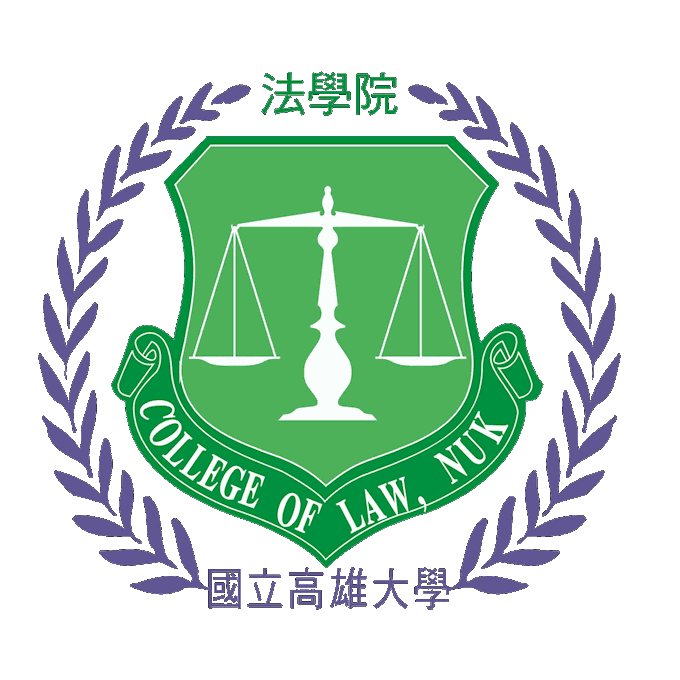

傳統知識和傳統文化表達應受到保護,是國際間的多數見 解。台灣也依循此依潮流,並制定相關法規範。但是利用法律給 予保護,並承認由原住民族取得集體權利的作法,卻受到學者的 批評。論者有認為此種作法會抵觸以個人主義為主的法制度,並 且可能侵蝕公共領域。即便如此,臺灣法的設計,仍然和著作權 法有許多類似處。 建構法律的理論,不是僅以誘因理論為限。且從國際間的發 展來看,最初只是基於避免原住民族遭剝削之故,而提倡保護傳 統知識和傳統文化表達。雖然從之後的發展可知,對此提供保 護,有助於文化多樣性,以及豐富人類遺產的功用。但是正當化 保護理由,和抵觸現行法制度間,仍存有相當的落差。本文主張,現行法的作法是正確,但是可以從其他方面提供 進一步的說理。從國際條約的發展可知,最初的關心重點,不是 在於文化多樣性,而是在於避免剝削,以促進文化發展。雖然目 前已有多種方案和提議,為促進發展一事提供保護基礎。但若不 改變思維方式,很可能會認定,傳統智慧財產權,無法對此提供 保護,而新創設的制度,卻又有難以理解之處。權利的排他性, 為文化發展一事,提供了一個不受干擾的空間。在智慧財產權法 理論中,也有專注發展空間的論點下,本文主張應該從「維持發 展空間」的角度,去理解此一議題。
It is commonly accepted that traditional knowledge and traditional cultural expression shall be protected among the nations. Taiwan also follow this trend and promulgated acts protecting such. Scholars, however, criticize the method of using laws protecting traditional knowledge and admitting a collective right for indigenous peoples. Scholars believe that such approach may contradict legal systems based on individualism and erode the public domain. Even though, it can be found that the current structure adopted by Taiwan has many similarities with copyright law. Nevertheless, legal theories do not limited to incentive theory. The international development on this topic started from a simple idea that indigenous peoples shall not be exploited. Though it is known that protecting traditional knowledge is beneficial to cultural diversity and human heritage, some gaps between justification of protection and contradicting current legal system still exist. This article proposes that current approach on this issue is accurate. We, however, need to comprehend the issue with another perspective. Through the development of international treaties, we can fully aware that the initial concern is not about cultural diversity but about development through avoiding exploitation. Various propositions and approaches have been raised on this subject. It is, however, that without changing our ways of thinking, traditional intellectual property rights fails to provide protection while the newly founded mechanism has unexplainable problems. The exclusivity of right creates a space free of interference for cultural development. Under the premise that such theory also exists under intellectual property laws, the article argues we should approach this subject with such perspective.